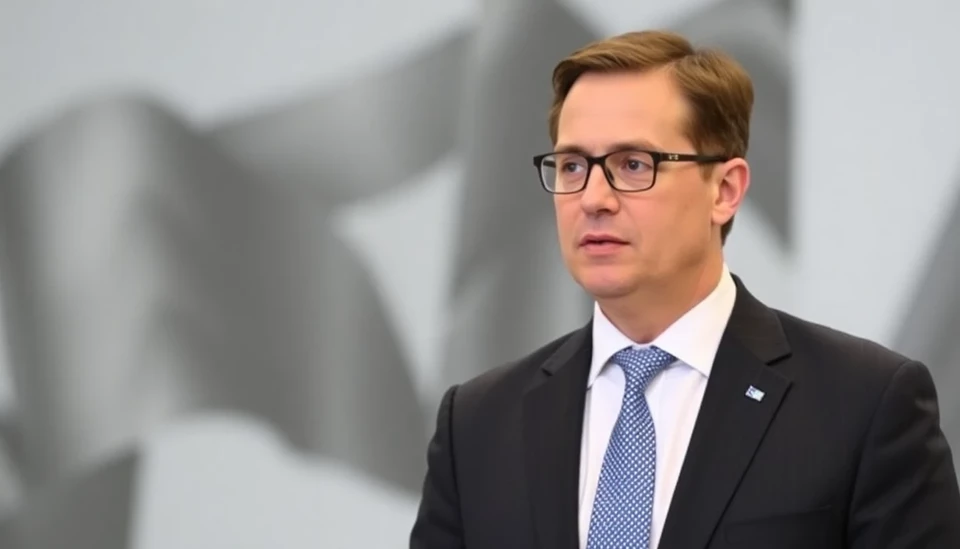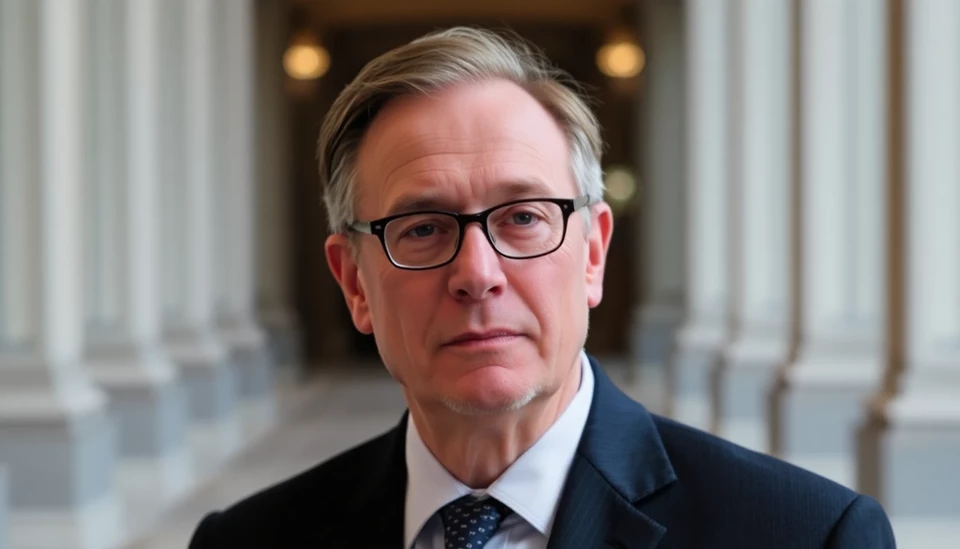
The Austrian government, led by the far-right Freedom Party, is taking decisive steps to align its national budget with European Union regulations. Faced with the looming threat of financial penalties from Brussels, the coalition has announced plans to implement significant cuts across various sectors to maintain compliance with EU budgetary norms.
Currently, Austria's public deficit has exceeded the EU's acceptable threshold, prompting urgent action from Finance Minister and Freedom Party representative, Marian Kogler. During a recent press conference, Kogler emphasized the necessity of stringent fiscal measures, stating, “We must make these adjustments promptly to avoid punitive consequences that would resonate negatively throughout our economy." The minister is aiming to bring the deficit within the EU’s guidelines before the impending review deadline.
The core agenda includes slashing expenditures in multiple areas, including public infrastructure, social services, and administrative costs. As a result, various ministries have been instructed to present detailed proposals outlining potential savings. In particular, officials have expressed concern regarding the impact these cuts may have on long-term growth prospects and the welfare of vulnerable populations.
The Freedom Party, which has cultivated a strong anti-EU sentiment among its voter base, is now at a crossroads. While they have criticized EU regulations in the past, they must now advocate for measures that will secure compliance, a move that could irritate a section of their supporters. Political analysts suggest that the party's ability to navigate this labyrinth of ideological contradiction will be crucial as they prepare for upcoming elections.
The opposition parties, including the Social Democrats and the Greens, have openly criticized the government's lack of foresight, arguing that these cuts could undermine the quality of life for many Austrians. “This approach is driven by a short-term vision that jeopardizes essential services,” stated a leading figure from the Social Democratic Party. They argue that the government should instead focus on creating a sustainable budget by increasing revenue through progressive taxation rather than making abrupt cuts.
As the political landscape in Austria continues to evolve amidst these budgetary challenges, the far-right coalition remains committed to balancing fiscal discipline with their broader economic and social objectives. The coming weeks will be critical as the government drafts its revised budget, and how it successfully communicates the need for these cuts to its citizens will significantly influence public sentiment and the Freedom Party's standing in the polls.
Austria's fiscal strategy could serve as a bellwether for other European nations grappling with similar challenges, particularly in the wake of post-pandemic economic realities and increased inflation rates. The government’s actions will be closely monitored at both the national and EU levels as the stakes are high, and the repercussions of mismanagement could be felt well beyond its borders.
In conclusion, the Austrian far-right's planned budgetary cuts exemplify a pressing response to external pressures while simultaneously raising questions about the potential implications for social equity and long-term economic growth. As the dialogue unfolds, it will be crucial for stakeholders to engage in a robust discussion about the best paths forward.
#Austria #EuropeanUnion #BudgetCuts #FreedomParty #FiscalPolicy #PoliticalAnalysis #Economy #SocialServices #DeficitReduction #CurrentAffairs
Author: Rachel Greene




